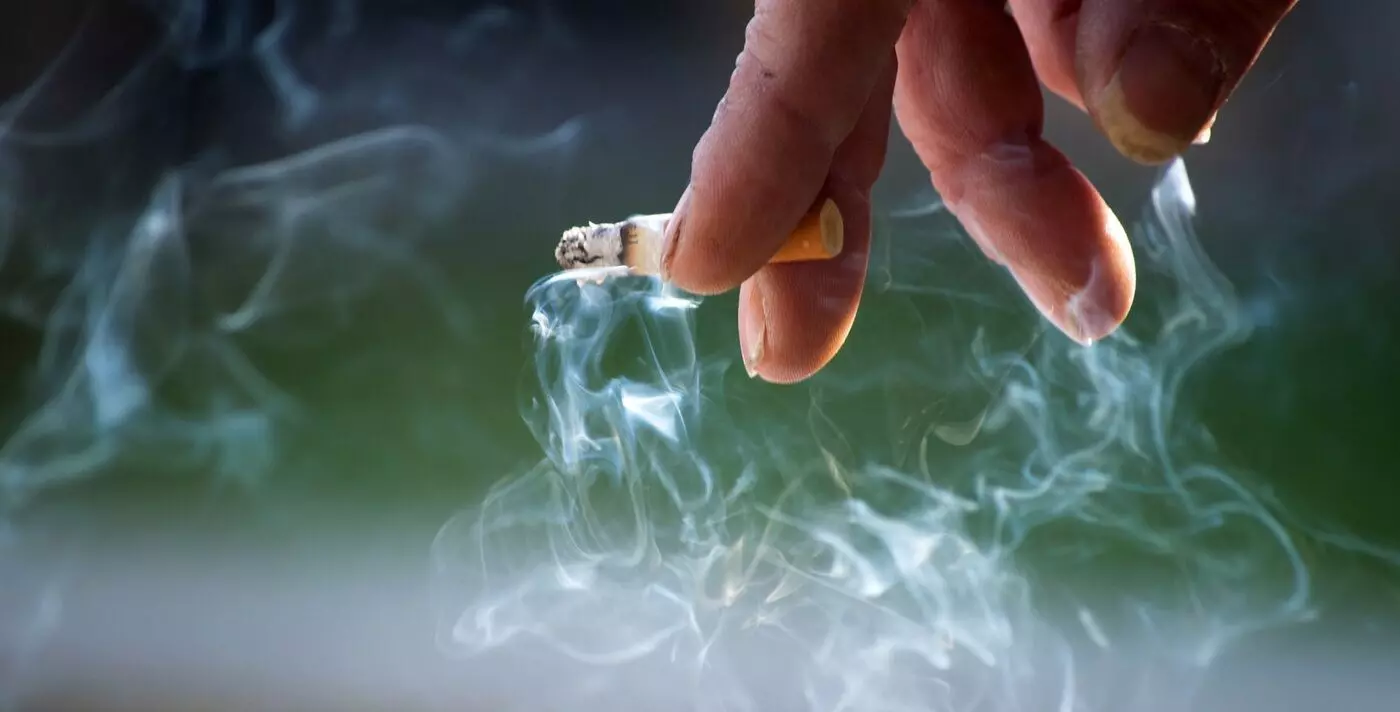How smoking or consuming alcohol after bypass surgery or stenting is fraught with danger
Restarting smoking is considered the most dangerous of all the modifiable risk factors
By Neelambaran A
Representational Image.
Hyderabad: Smoking or consuming alcohol after undergoing bypass surgery or stenting can lead to severe consequences.
Doctors strongly advise the patients to completely avoid smoking and alcohol, which are termed modifiable risk factors for recurrence of Coronary Artery Disease (CAD).
The other risk factors for CAD include hypertension, smoking, diabetes, and excessive alcohol consumption. The doctors warn of severe threats from smoking since it contains nicotine, tar, and several heavy metals.
The patients are suggested to follow a healthy lifestyle, besides staying away from smoking and alcohol, to ensure they remain fit and not obese. Obesity further increases the risk of CAD.
Patients resort to wrong beliefs
People are suggested to undergo open heart (bypass) surgery or angioplasty depending on the percentage of block in the artery. The blocks are removed or stented and the patients require specific time to get back to normal life.
Dr Ravikanth, Consultant Cardiologist at Kamineni Hospitals, LB Nagar said, “After the completion of the procedures, some people start smoking within a few months believing that everything is fine. This is wrong”.
Despite the advice and counseling, few patients restart smoking and alcohol consumption. By doing so the patients are putting themselves at higher risk since the risk of developing further blocks is very high and treatment becomes complicated.
“Carrying out the procedure again is highly risky. The follow-up consultations are done to ensure compliance with medications and lifestyle. We strongly urge them to stay away from smoking and consuming alcohol”, Dr Ravikantha said.
Smoking should be avoided
Restarting smoking is considered the most dangerous of all the modifiable risk factors, along with staying inactive and poor eating habits.
Dr. L Kiran Kumar Reddy, an interventional cardiologist at Onus Hospital said, “Smoking should be avoided at any cost since it contains nicotine, tar, and other heavy metals. Smoking provokes inflammatory reactions in the autonomous nervous system leading to vascular constriction and blood clot formation”.
The doctors also warn of the consequences of smokeless tobacco including gutka, pan, kaini, and hookah. “These substances are equally dangerous for everyone, particularly those who have undergone stenting or bypass surgery”, Dr. Kiran Kumar said.
He also said that self-motivation is the key to staying away from alcohol and smoking, “We are entrusted with the duty of assessing and assisting the patients to stay away from these habits”, he said.
The doctors even recommend nicotine gums and admission to de-addiction centers to stay away from the smoking habit.
How people get heart attacks
When fats, cholesterol, and other substances get deposited in and on the artery walls, it is called atherosclerosis. This can result in narrowed arteries leading to a block in the flow of blood to the heart muscle.
Dr Kiran Kumar said, “Those people with a history of excess smoking have the possibility of getting a heart attack within 10 years. Even among those who quit smoking, the risk of CVD comes down only after 3 years. So it is highly recommended to quit smoking”.